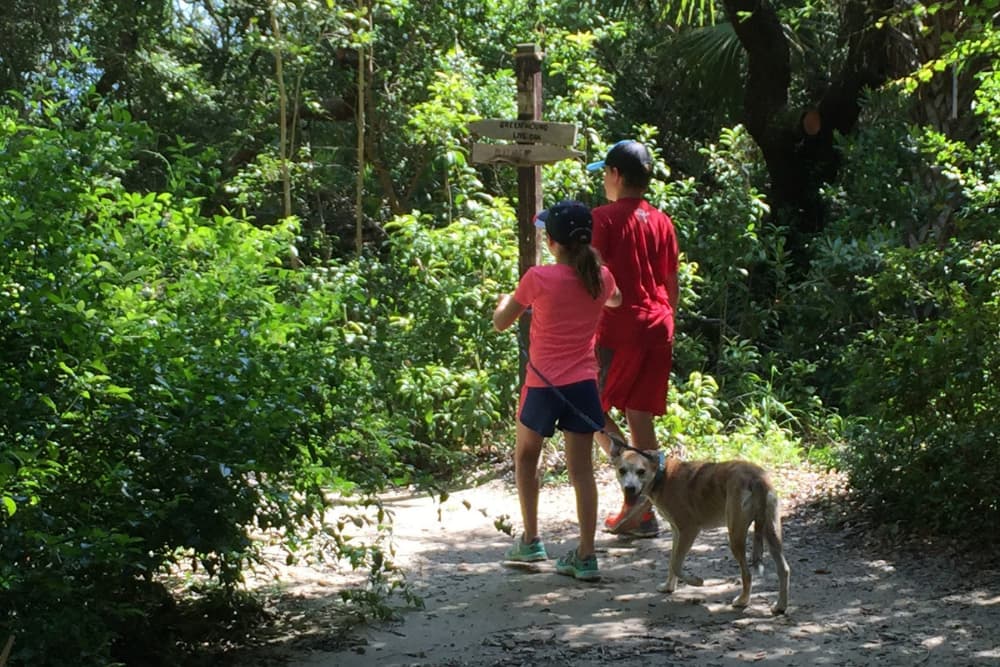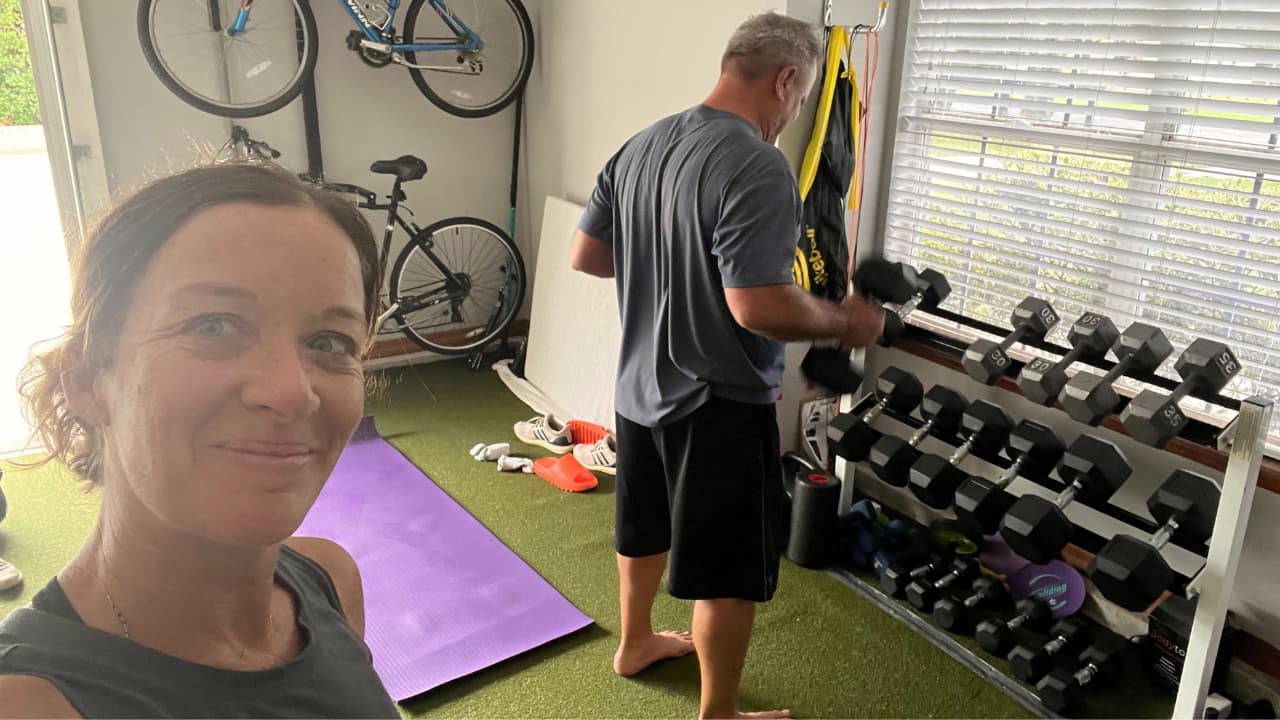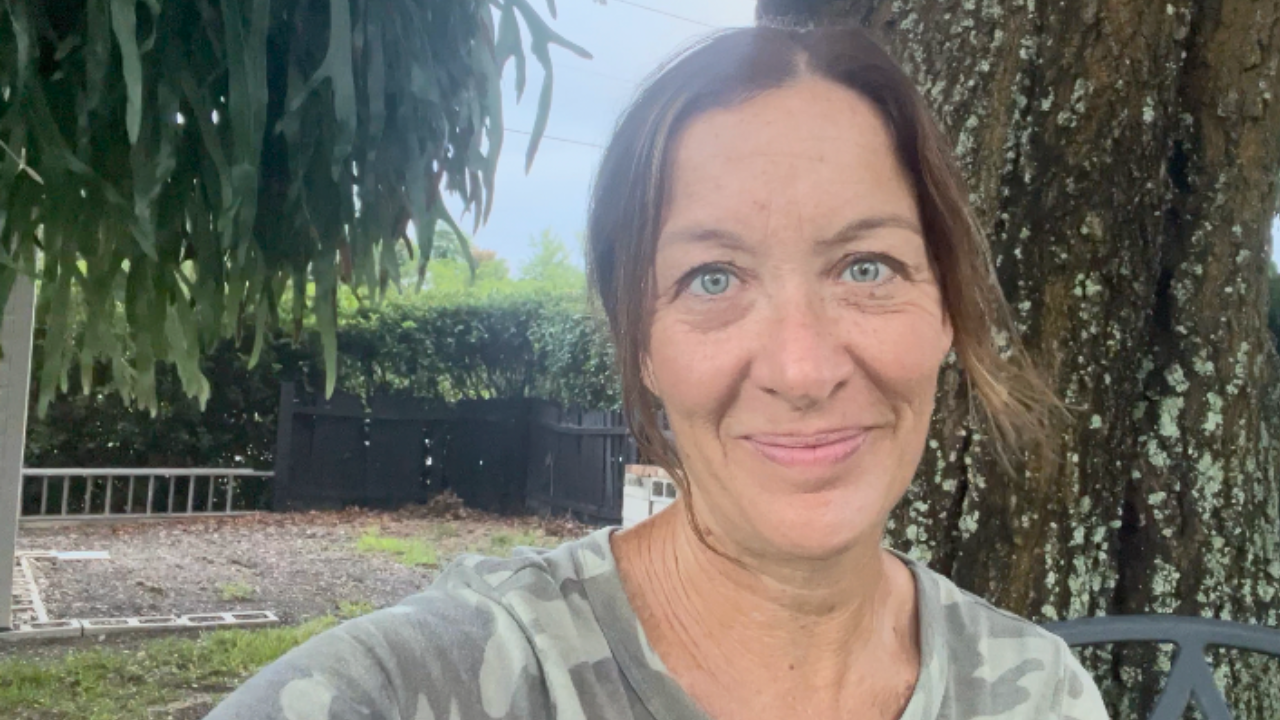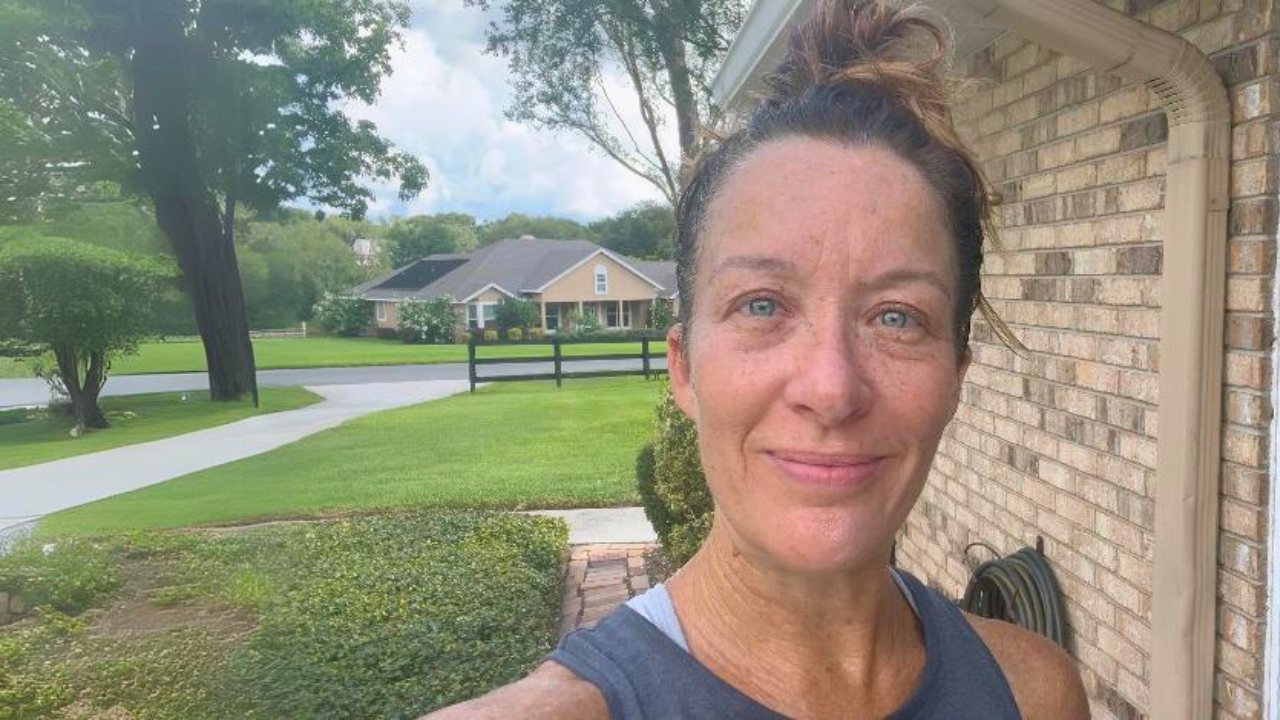10 Ways to Help Kids Feel Calmer

Let’s be honest…life can be overwhelming, for us and especially for kids. In today’s world, with the internet, social media, phones and the added pressures in school, activities and sports today. They are going to face challenges, struggles, failures, mistakes, disappointments and pressure. This is life.
Face Challenges Now
In reality, it is better for them to face challenges now, learn to navigate through them, and come out on the other side. We don’t want to shield them from struggles and failures, and we don’t want to fix it for them. Resilience and confidence comes from enduring the hard things, and seeing that you can come out on the other side ok.
Some of you can relate…as they enter the preteen and teen years, things change. Friendships are harder, more disappointments, more pressure, and they, like most kids, are feeling different, and many times alone.
Resist the Urge to Fight All Battles
Rather than fight, resist, and criticize… let us guide them through. Frustration, anger, sadness and irritability are normal, and ok, but let us give them ways to work through this, and know that it is possible to feel healthier, happier, stronger and more confident.
Yes, some kids might need outside help, and that is ok. Our goal is to help our kids make
Teach Kids About Their “Whole Self” Now
Let’s get to the point… there are choices that can help reduce feelings of stress and sadness. The feelings won’t go away, but we are stronger and better equipped to handle them. As parents, we can teach them to make good choices for their mind, body and soul, just like we should do for ourselves. These are healthy habits that they will benefit from, and use, their entire life.
To be real here….these are for you, and them.
Here are 10 Ideas to Add into the Weekly Routine
Here are 10 Ideas to Add into the Weekly Routine
- Get active every day you can. Group activities are great. Yoga is healthy and calming. Walking or riding bikes together works. Heading to the park with a football or soccer ball. Just get moving. It does wonders for our mood.
- Get outside every day. We need nature, and fresh air. It lightens the mood, decreases stress, and just makes everything seem a bit better. Kids need us to give them with boundaries, time limits and rules for their games, phones and online time. They don’t understand, and won’t do this themselves. Give them limits, so that they will eventually figure out something else to do. It can be difficult, but worth it.
- Laugh more with your kids. We have to lighten up. Listen, I know we could parent and fight battles all day. We all could. They are kids, that are learning, and they are going to make mistakes. Let us stop pointing out every single mistake, and start relaxing with them a bit. Yes, pick your battles. This, in itself, will decrease stress, and help with their confidence.
- Help them, and you, to get a good night’s sleep. We all feel worse when we are running on little sleep. Yes, more parenting, but you are creating a healthy habit for a lifetime. Just this, can improve how they are feeling each day.
- Daily prayer. Remind your kids that prayer is not just for morning, bedtime and meal time. They can pray in the middle of class, riding the bus, before a big game or anytime. Have a go to simple prayer for them to use any moment of the day.
- Meditation and quiet time. Taking 5 minutes for quiet and positive thoughts will add calm to your life. My kids and I currently use the free app, Oak. We do unguided meditation for 5 minutes, usually with some type of water sound, and just focus on breathing and our thoughts. Even just once a week helps. We work to keep positive thoughts, while pushing out negative thoughts if they try to creep in.
- Let your kids just be. It is natural for us to always check on our kids, direct our kids, and question what they are doing. They need time to just be. Sometimes, as long as it is safe and healthy, just let them be. Time to ourselves is good, for a bit, and then being deliberate to get out as well.
- Let them be creative. Find at least one thing that they enjoy, just to enjoy. It doesn’t have to be structured, or a class. Give them ideas, or just take time to listen and watch if there is something they seem interested in. Music, singing, drawing, animals, volunteering, gardening, cooking, building, fishing or reading. Anything that they do for the simple fact that they want to.
- Don’t always give advice. All of the above ideas and habits are not for you to tell your kids to do, but suggestions, and possibly for you to share with them. Ask what might make them feel better, or what they feel like doing. Tell them you want to spend time with them at the park, on a walk, hanging out or fishing, It doesn’t always need to be just telling them what to do. Listening and uncomfortable silence is necessary too. Realize you can still be parenting when you stop talking as well.
- Give yourself, and each other, grace….because we are all human, and we will make mistakes. In many situations that upset them, help them to assume good intent. We can all get upset over small things all day long, but don’t make a situation bigger than it needs to be. Assuming good intent can help them see a situation in a less stressful way, and reduce the drama. Always learn from a situation, but choose to assume that someone had good intent. This is a healthy habit for a lifetime.
For all parents with teens, I recommend the Five Love Language of Teenagers. Great book with a refreshing, and healthy perspective on your relationship with your kids during the teenage years.
Mel Robbins actually does a video on anxiety and worry with kids. Check it out.
As always…I am by no means an expert on this, but I know what has helped in my experience. I have learned that I want my kids to learn healthy ways to handle challenges, and what they are feeling. Usually, many of the situations I still experience as an adult, and I am sure to let them know this. We are all human.
This list is just a start, and this topic is huge. I have been writing this post for weeks, and I have to let it go. There will always be more, but these are simple ideas that you can start with today.
If you have other suggestions, I would love to hear what helps you, and your kids, in the comments below.
Let us continue to learn and grow from these situations, handle them, and help our kids move on with grace, understanding
Be kind today. xoxo

Hi, I'm Kelley. I once thought I had it all figured out, but I learned that feeling our best means nurturing our WHOLE SELF. It's not just about fitness or good nutrition, but much more. Subscribe to the newsletter, and let's embrace a joyful journey to wellness together.



